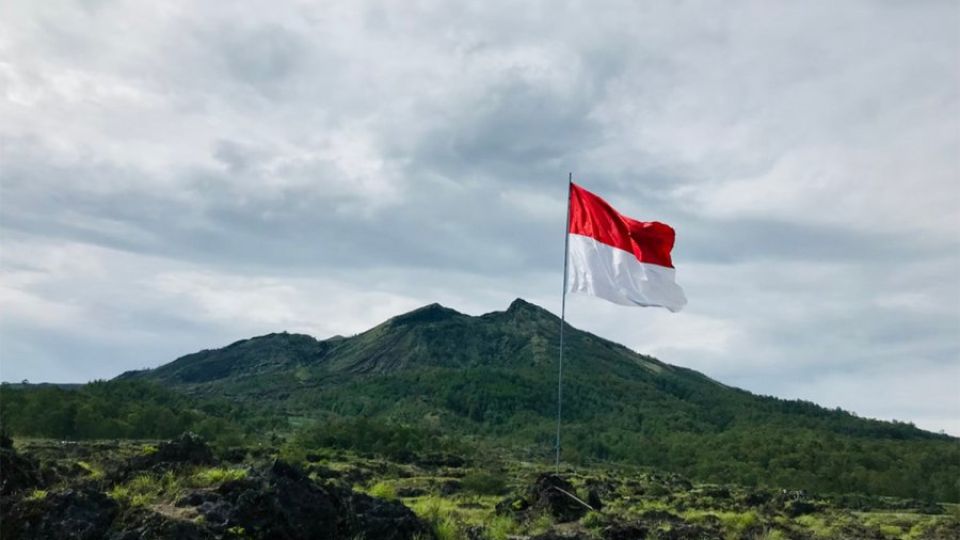March 5, 2024
JAKARTA – Jokowi’s bestowal of the rank of honorary four-star general upon Prabowo on Wednesday seems part and parcel of his grand scheme for Prabowo’s ascent to the throne. As a shrewd politician, Jokowi knew the honor would grant Prabowo a sense of dignity and legitimacy that would aid his presidency and was willing to endure widespread criticism to ensure the former military man got his laurels.
Prabowo’s checkered past, specifically his links to multiple cases of human rights violations, contributed to his back-to-back losses to Jokowi in the 2014 and 2019 presidential races. His complicity in the kidnapping of pro-democracy activists in 1997 and 1998 cost him his military career as the Reform movement forced long-time dictator Soeharto, who was then Prabowo’s father-in-law, to step down in 1998.
Prabowo’s connection with human rights abuses in East Timor, now Timor-Leste, also prompted the United States to bar him from entering the country. Washington quietly lifted the ban after Jokowi appointed Prabowo his defense minister in 2019.
In the run-up to the Feb. 14 election, Prabowo’s rivals attempted to play the human rights card, but surprisingly, it did not work, partly because of a massive social media campaign targeting young voters that portrayed the former Army general as an “adorable”, “cuddly” grandfather.
The honorary rank, Jokowi said, was accorded to Prabowo for devoting himself to the people, the nation and the country. He added that Prabowo should have received the accolade two years ago, when the Indonesian Military (TNI) was led by Andika Perkasa, who joined the campaign team for rival presidential candidate Ganjar Pranowo for this year’s presidential election.
Jokowi’s decision to grant Prabowo the rank that all Military Academy cadets dream of contradicts the President’s pledge to resolve past human rights violations. And when Prabowo takes office in October, the prospects look dim that the country will heal any old wounds, despite his promise to uphold human rights.
Many are curious why Jokowi found it necessary to reinstate Prabowo’s military pride after the outgoing President had exercised all the powers at his disposal to help his defense minister convincingly win the presidential race. While President Jokowi is said to be looking for space in his final state budget to help Prabowo realize his campaign promise of free lunches for students, there is no free lunch in the alliance between Jokowi and Prabowo.
To Jokowi, a former businessman, Prabowo represents a big investment calculated to produce handsome returns. In the short term, Prabowo will have to pay dividends by accommodating Jokowi’s loyalists in his cabinet or giving a crucial role in the government to presumptive vice president-elect Gibran Rakabuming Raka, Jokowi’s eldest son.
A member of the Prabowo-Gibran campaign team has acknowledged that Jokowi will play a “significant” role in forming the incoming cabinet. This is unprecedented and has sparked debate, although some contend it presents no issue as Prabowo himself campaigned on a promise to continue Jokowi’s programs and policies.
The fact remains, however, that Indonesia is not a monarchy, but a republic that embraces the principles democracy, even if the reality often falls far short of the ideal. It’s safe to say, therefore, that the incoming government has no legal obligation to follow what the outgoing government dictates.
Whatever political deal Jokowi and Prabowo have struck, it must not hold the incoming government hostage. Prabowo’s duty to the public outweighs his obligations to his patron. Jokowi, for his part, must limit himself to assisting in a smooth transfer of power, rather than dominating the process.
Prabowo may deeply respect Jokowi, but once he takes power, he must come out of his sponsor’s shadow.


